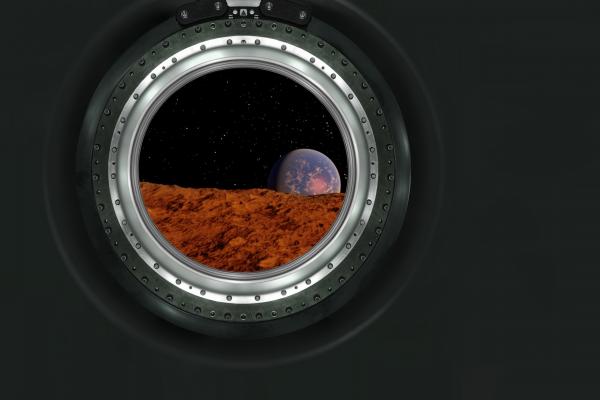There’s nothing wrong with celebrating human ingenuity and determination, but the approach here is simplistic. It may well be true that settlements on Mars are the only hope for our species to continue, and should humanity pursue this course, acts of heroism may well be required. But going about this endeavor the right way must involve a healthy dose of self-reflection, and in this regard Mars has missed an opportunity. For one thing, despite the message that expansion to Mars is imperative for the survival of the human race, there is no discussion of the human contribution to our planet’s eventual uninhabitability. It’s possible that Earth could be hit by a sizable asteroid, or that a super volcano could erupt, but anthropogenic climate change and nuclear warfare pose far greater threats to our flourishing over the next few centuries. If we are going to switch planets in order to save ourselves, we can’t ignore the fact that we bring our destructive power with us.
Read the Full Article

